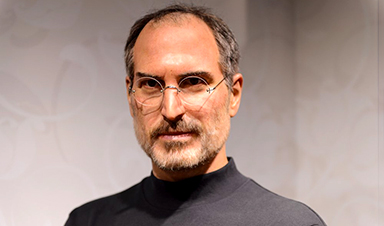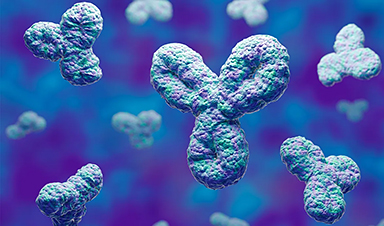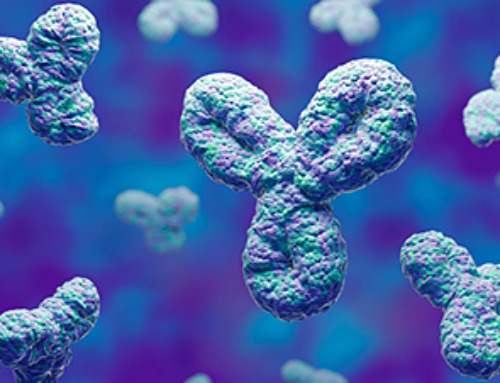Apple’s visionary founder, the late Steve Jobs once said, “the biggest innovations of the 21st century will be at the intersection of biology and technology”.
And that prediction is coming true in the drug discovery field where biology, nanotechnology and AI are uniting against previously untreatable diseases, pandemics, and human ageing.
“Out of COVID’s death and devastation and the knock-on effect upon people already weakened by cancers, heart disease and other long-term killers, it is uplifting to see how the biotech, nanomedicine and computing disciplines are responding,” said Paul Stannard, chairman of the healthcare charity World Science Aid and the World Nano Foundation – the not-for-profit that supports global commercialisation of nanotechnology.
“It’s a combination that Steve Jobs forecast with such typical vision and has already given us faster and more effective vaccine production and virus testing to push back against COVID, while starting to map out more effective health systems that major on treatment at the point of care.
“But real excitement comes from new drug discovery techniques, spearheaded by powerful computing and artificial intelligence platforms that Steve Jobs would have picked out to be disruptors just like his iMac, iPod and iPad.”
As an example, Stannard highlighted developments at a small but fast-growing Silicon Valley neighbour to Jobs’ giant Apple Inc, the AI-driven drug discovery company Verseon, which has built a proprietary technology platform to create new drugs atom by atom.
Fremont-based Verseon says the platform is far more sophisticated than the ‘AI systems’ of other drug developers, as it enables the design of the entirely new chemical structures needed to fight currently untreatable diseases.
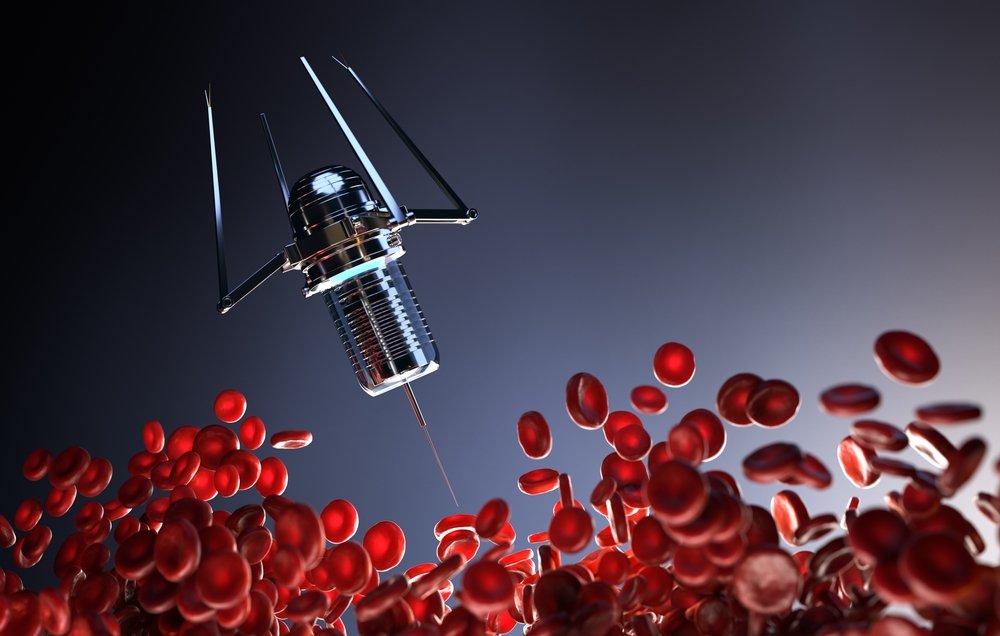
Biology, nanotechnology and AI combined could revolutionise modern healthcare and disease & pandemic protection.
Verseon stresses that AI is only as effective as the data available for it to learn from, as shown by issues arising from development of ‘self-driving’ vehicles; in the case of other ‘AI drug discovery systems’ this data comes only from existing drugs and past experiments.
As highlighted by current coverage in Impact Wealth Magazine, Verseon has freed itself from that conventional approach and is bringing much-needed new treatments to market for cancers, heart disease, and other killers. The company is also developing products that slow human aging and boost longevity.
Many market watchers now believe that despite the pharmaceutical industry’s $1 trillion a year patent-protected revenue, its failure-prone trial-and-error drug development process is an increasing impediment to finding badly needed disease treatments.
Verseon realized that systematic design of completely new drugs requires breakthroughs in molecular-physics modeling to determine how a new chemical structure will bind to a disease-causing protein.
And using its platform, the company has identified multiple new clinical candidates for every one of its programs – a feat unheard of in the pharmaceutical industry.
Verseon’s management team holds over 200 patents collectively and are no strangers to transformational breakthroughs.
Co-founders Adityo Prakash (CEO) and Eniko Fodor (COO) patented technologies now owned by Intel that power all video streaming today, from Amazon Prime to Zoom.
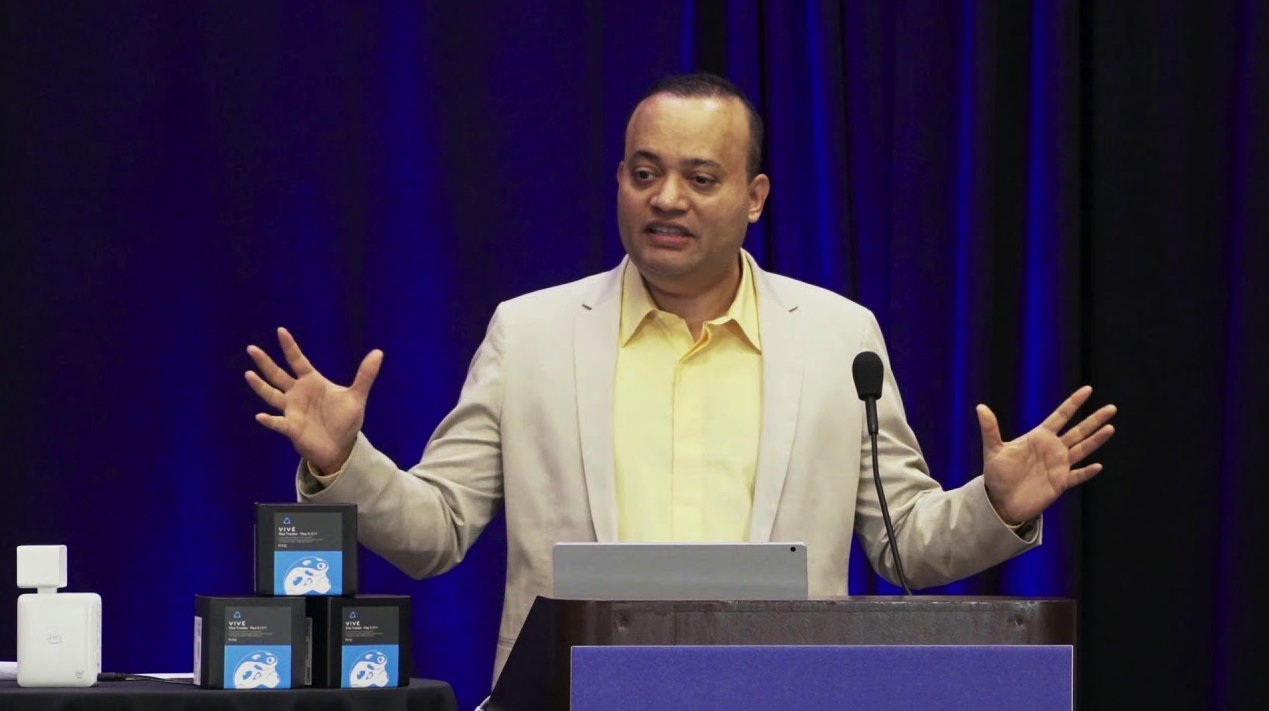
Adityo Prakash, CO-Founder and CEO of Verseon.
The third Verseon Co-founder, Chief Science Officer (CSO) David Kita developed one of the first bioinformatics platforms that catalyzed the genomics revolution.
And Verseon’s Chief Technical Officer Sangtae Kim – a former CEO at the influential Morgridge Institute biomedical unit, and a former VP at major pharma company, Eli Lilly – is now driving enhancement of the company’s powerful AI.
“Verseon’s platform comprises significant new advances within multiple distinct branches of science,” he said.
“Any one of these advances would be enthusiastically welcomed by leading practitioners in their respective domains but collecting them together is virtually unattainable by any other organization. It is by far the most advanced ab initio drug design methodology currently in existence.”
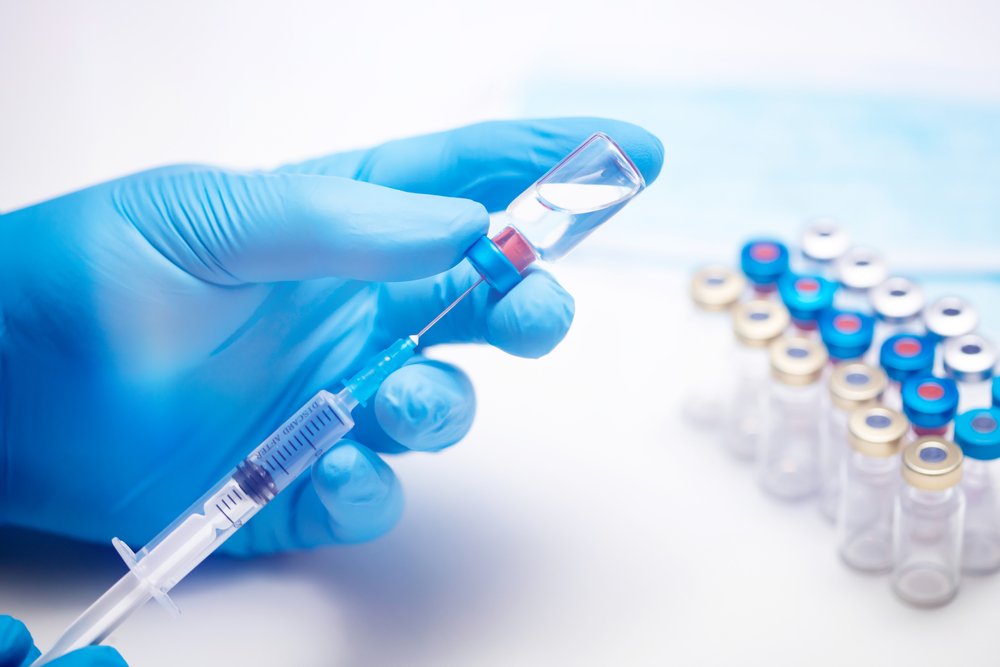
Verseon is already trialling drugs to treat and prevent heart attacks and strokes.

John Deanfield, University College London Professor of Cardiology.
Verseon is currently trialling drugs with remarkably low bleeding risk to treat and prevent heart attacks and strokes in over 400 million patients worldwide – uncontrolled bleeding is the biggest risk factor with current alternatives.
One of the world’s leading cardiologists John Deanfield, University College London’s Professor of Cardiology, commented:

Robert Karr, former SVP of R&D Strategy
“Verseon’s platelet-sparing anticoagulants…represent an exciting ‘precision medicine’ opportunity for the treatment of a large population of cardiovascular disease patients.”
Verseon is also developing oral drugs to treat diabetic vision loss in over 154 million patients, plus a cure for coronaviruses, and three different programs to fight cancer – one of the world’s biggest killers.
All of these are part of a fast-growing drug pipeline of 16 candidate drugs across eight programs, including cancers, heart disease, and degenerative eye diseases due to diabetes.
Pfizer’s former SVP of R&D Strategy Robert Karr said: “Verseon’s disruptive platform changes how drugs can be discovered and developed, and the company is poised to make a dramatic impact on modern medicine.”
News
Specially engineered antibody delivers RNA therapy to treatment-resistant tumors
Elias Quijano, PhD; Diana Martinez-Saucedo, PhD; Zaira Ianniello, PhD; and Natasha Pinto-Medici, PhD, there are 25 other contributors, most from Yale's Department of Therapeutic Radiology and from the departments of genetics, molecular biophysics and [...]
Vaccinated women face fewer cervical cancer risks
New data from Denmark shows the HPV vaccine’s powerful long-term impact, while also revealing why cervical cancer screening is still essential. A Danish study published in the journal Eurosurveillance reports that women who received the human [...]
3D-printed implant offers a potential new route to repair spinal cord injuries
A research team at RCSI University of Medicine and Health Sciences has developed a 3-D printed implant to deliver electrical stimulation to injured areas of the spinal cord, offering a potential new route to [...]
Nanocrystals Carrying Radioisotopes Offer New Hope for Cancer Treatment
The Science Scientists have developed tiny nanocrystal particles made up of isotopes of the elements lanthanum, vanadium, and oxygen for use in treating cancer. These crystals are smaller than many microbes and can carry isotopes of [...]
New Once-a-Week Shot Promises Life-Changing Relief for Parkinson’s Patients
A once-a-week shot from Australian scientists could spare people with Parkinson’s the grind of taking pills several times a day. The tiny, biodegradable gel sits under the skin and releases steady doses of two [...]
Weekly injectable drug offers hope for Parkinson’s patients
A new weekly injectable drug could transform the lives of more than eight million people living with Parkinson's disease, potentially replacing the need for multiple daily tablets. Scientists from the University of South Australia [...]
Most Plastic in the Ocean Is Invisible—And Deadly
Nanoplastics—particles smaller than a human hair—can pass through cell walls and enter the food web. New research suggest 27 million metric tons of nanoplastics are spread across just the top layer of the North [...]
Repurposed drugs could calm the immune system’s response to nanomedicine
An international study led by researchers at the University of Colorado Anschutz Medical Campus has identified a promising strategy to enhance the safety of nanomedicines, advanced therapies often used in cancer and vaccine treatments, [...]
Nano-Enhanced Hydrogel Strategies for Cartilage Repair
A recent article in Engineering describes the development of a protein-based nanocomposite hydrogel designed to deliver two therapeutic agents—dexamethasone (Dex) and kartogenin (KGN)—to support cartilage repair. The hydrogel is engineered to modulate immune responses and promote [...]
New Cancer Drug Blocks Tumors Without Debilitating Side Effects
A new drug targets RAS-PI3Kα pathways without harmful side effects. It was developed using high-performance computing and AI. A new cancer drug candidate, developed through a collaboration between Lawrence Livermore National Laboratory (LLNL), BridgeBio Oncology [...]
Scientists Are Pretty Close to Replicating the First Thing That Ever Lived
For 400 million years, a leading hypothesis claims, Earth was an “RNA World,” meaning that life must’ve first replicated from RNA before the arrival of proteins and DNA. Unfortunately, scientists have failed to find [...]
Why ‘Peniaphobia’ Is Exploding Among Young People (And Why We Should Be Concerned)
An insidious illness is taking hold among a growing proportion of young people. Little known to the general public, peniaphobia—the fear of becoming poor—is gaining ground among teens and young adults. Discover the causes [...]
Team finds flawed data in recent study relevant to coronavirus antiviral development
The COVID pandemic illustrated how urgently we need antiviral medications capable of treating coronavirus infections. To aid this effort, researchers quickly homed in on part of SARS-CoV-2's molecular structure known as the NiRAN domain—an [...]
Drug-Coated Neural Implants Reduce Immune Rejection
Summary: A new study shows that coating neural prosthetic implants with the anti-inflammatory drug dexamethasone helps reduce the body’s immune response and scar tissue formation. This strategy enhances the long-term performance and stability of electrodes [...]
Scientists discover cancer-fighting bacteria that ‘soak up’ forever chemicals in the body
A family of healthy bacteria may help 'soak up' toxic forever chemicals in the body, warding off their cancerous effects. Forever chemicals, also known as PFAS (per- and polyfluoroalkyl substances), are toxic chemicals that [...]
Johns Hopkins Researchers Uncover a New Way To Kill Cancer Cells
A new study reveals that blocking ribosomal RNA production rewires cancer cell behavior and could help treat genetically unstable tumors. Researchers at the Johns Hopkins Kimmel Cancer Center and the Department of Radiation Oncology and Molecular [...]
